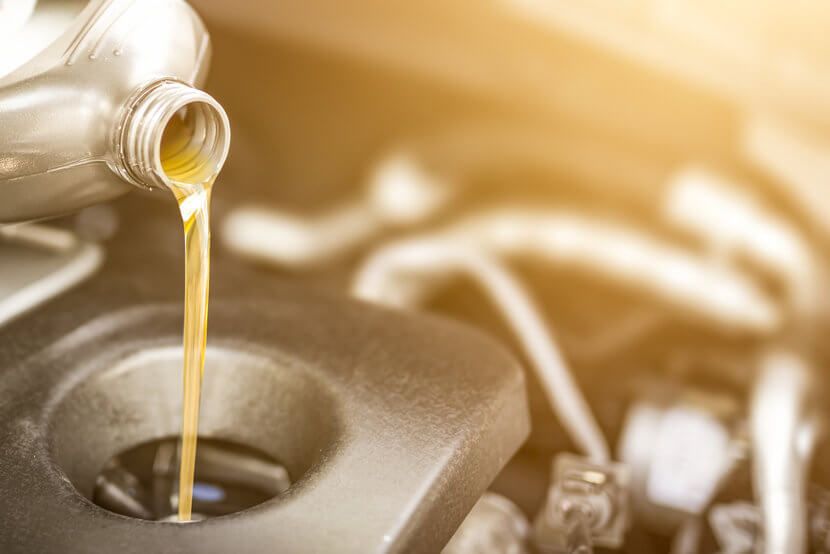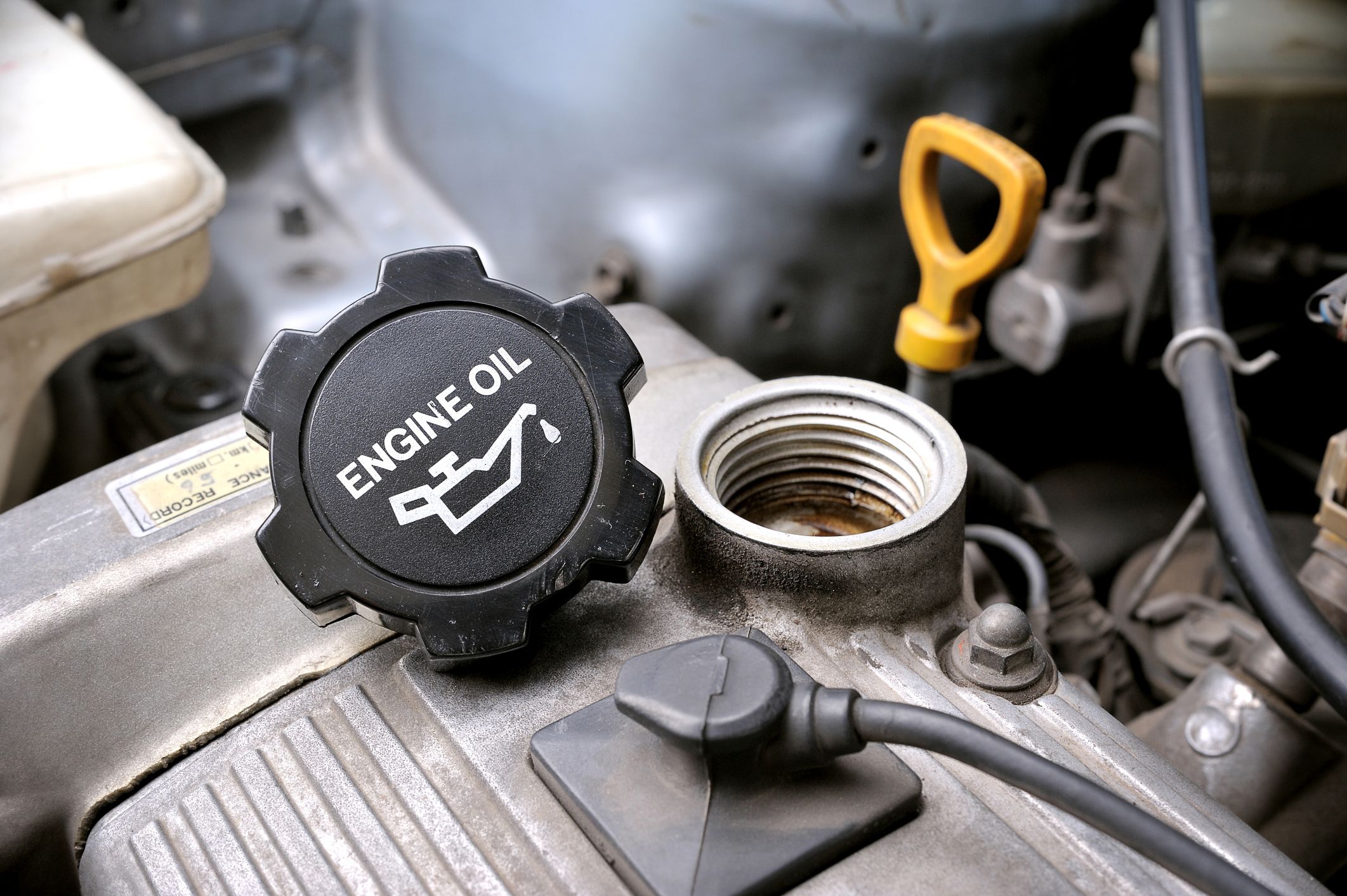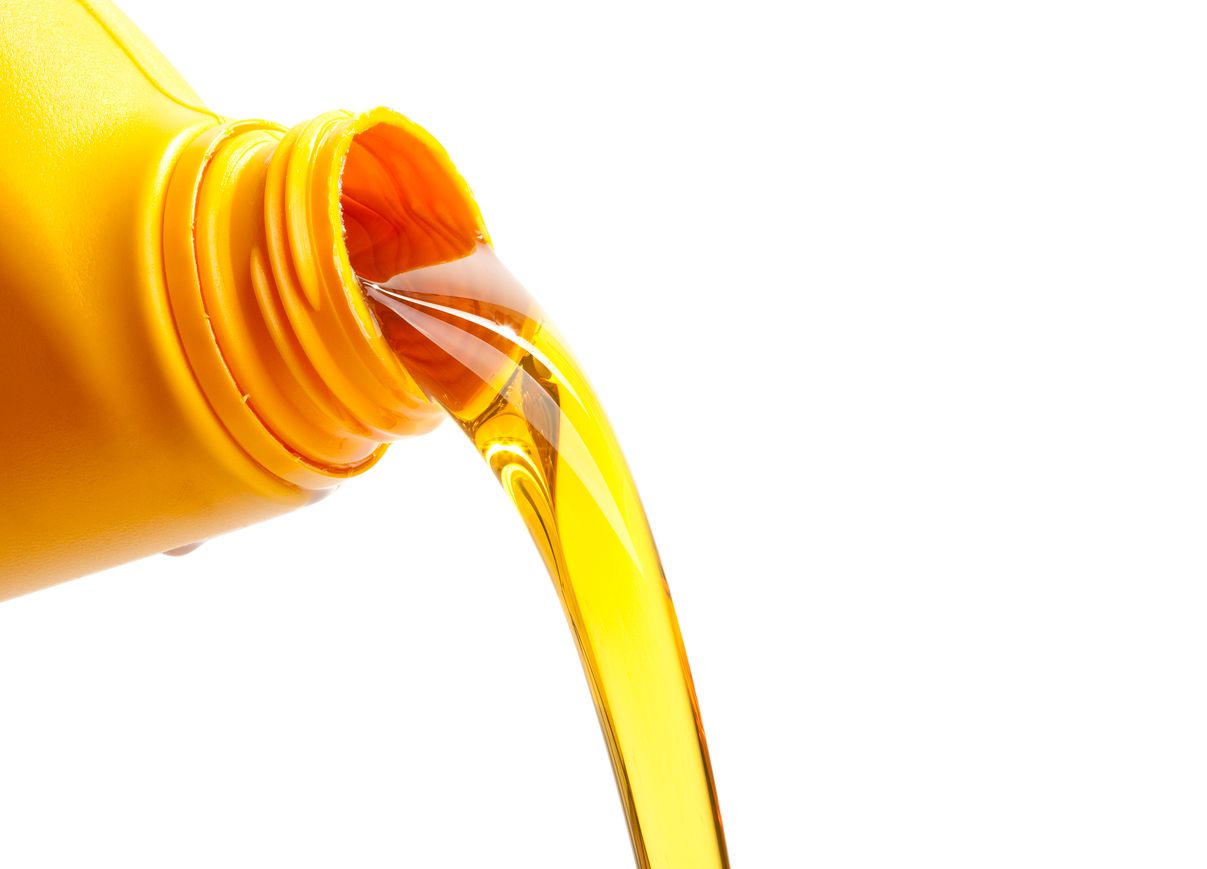It’s everywhere, but certain aspects remain a mystery to a lot of people. Many modern conveniences rely on it, but we rarely see it. It can be recycled, used to keep tools in tip-top shape, and is essential for keeping your engine running.
What is it? Motor oil.
If you’re not a motor oil expert, don’t worry! We’ll fill you in on some of the most common questions people have. There’s no quiz to study for, but you might want to keep this info handy. Especially if your car or truck decides to “test” you one day with an oil problem!
Q: Does motor oil expire?
A: It can, but several factors influence the answer to this question. Has the oil bottle never been opened? Has it been stored between 40 degrees and 85 degrees Fahrenheit? And in an environment without high humidity? A “yes” response to these questions means the oil might be okay to use since these factors can degrade the quality of the oil. With that being said, getting a professional oil change means you won't have to worry about asking this question at all. You can drive easy knowing that your old oil has been replaced with fresh, unopened motor oil that's been stored and cared for correctly.
Q: How can I tell if my motor oil is bad?
A: Many cars today offer a digital readout of your remaining oil life. But there’s nothing wrong with going “old school” and pulling out the dipstick yourself! If you check your engine oil and notice that the oil comes out in globs on the dipstick, feels gritty between your fingers, or is milky in appearance, you're likely overdue for an oil change. If the oil looks milky it could be interacting with water, an issue that typically requires more than an oil change to fix.
Q: Should I be concerned if my vehicle’s dipstick shows black oil?
A: Not necessarily. If the dipstick reveals a black coloring to your oil, don’t worry. Edmunds confirms, that coloring is to be expected and indicates the oil is doing its job. If you're ever curious about the color of your motor oil, though, don't hesitate to swing by your local Tires Plus and talk to a technician.
Q: How often should I change my oil?
A: Perhaps not as often as you think! Changing your oil every 3,000 miles might be a thing of the past, but you'll want to consult your vehicle's maintenance schedule to be sure. Many of today’s engines are designed to run for 5,000 miles or more, and some are even designed for oil changes every 10,000-15,000 miles! Always check your owner's manual for the specifications listed by the manufacturer, though. Certain driving conditions can speed up the need for an oil change.
Q: Are there any risks with changing my own oil?
A: Yes. Be careful when it comes to changing your own oil. Convenient access to the oil pan bolt, the oil filter, and other areas is not a given with some makes and models. Risks include using the wrong motor oil, overlooking an oil leak, or cross-threading the filter. There’s also the mess to consider, proper disposal of used motor oil, as well as the potential to sink much of your afternoon into the project. You can save just as much time, money, and hassle by scheduling an oil change appointment online and taking advantage of oil change coupons.
Q: What happens to an engine without oil?
A: When your engine tries to run without oil, things get HOT—fast. Without proper lubrication, all of your engine's metal parts start rubbing together, generating an unsustainable level of heat, and wearing prematurely. The engine will then seize up and fail, a problem that could potentially leave you stranded and stuck with hefty repair costs.
Q: Where can I get an oil change near me?
This is the most important question of all. If there's a Tires Plus near you, the answer is easy! Help keep your car properly maintained and your engine protected with the right motor oil, free vehicle inspections, and sound advice — all available at your local Tires Plus!



